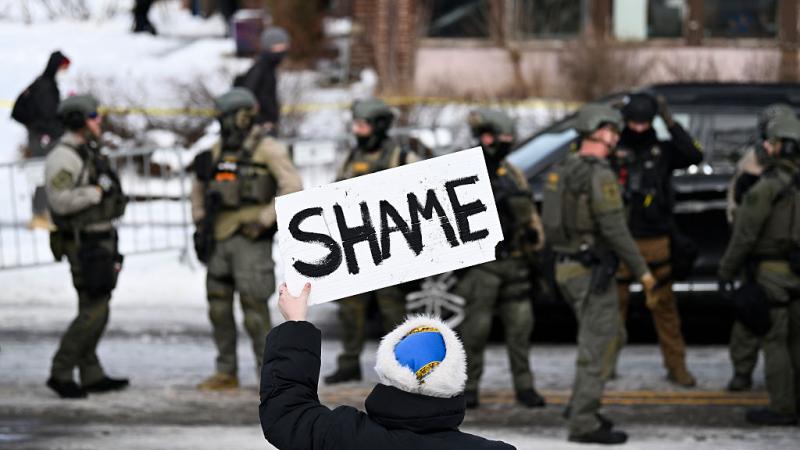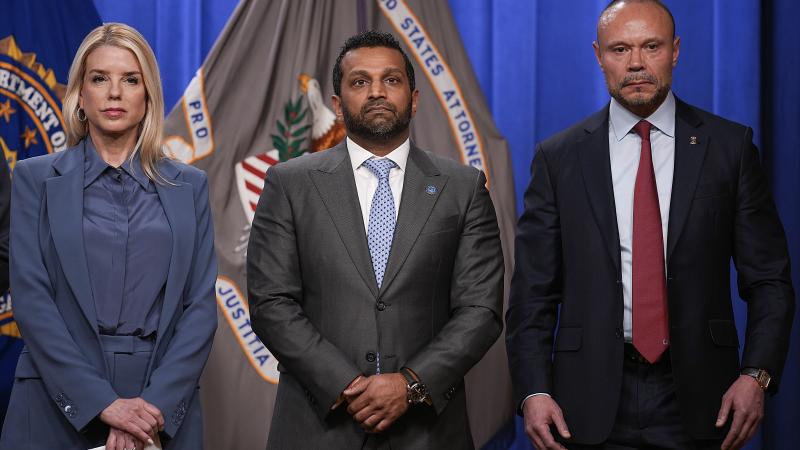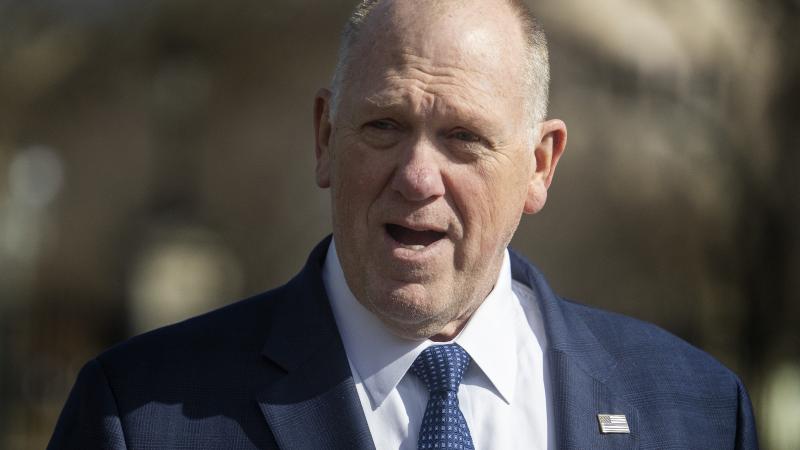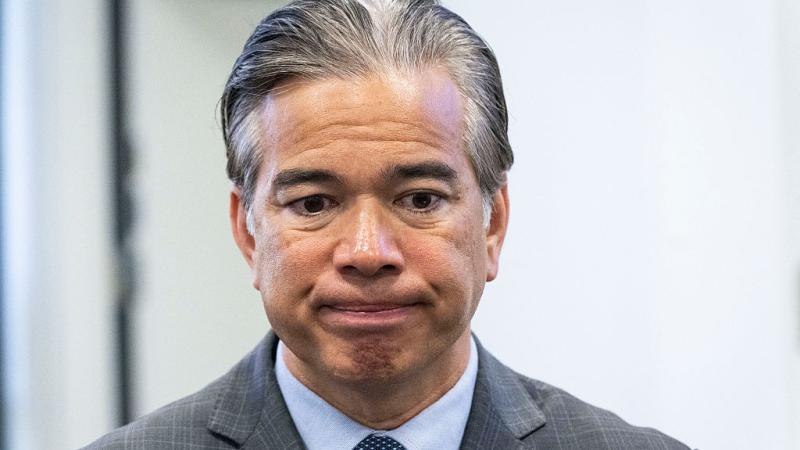Weaponization panel details FBI preparation of 'radical-traditionalist Catholics' memo
"Most concerning of all, without the disclosure of the whistleblower, the Richmond memorandum would still be operative in FBI systems, violating the religious liberties of millions of Catholic Americans," the panel said.
The House Judiciary Committee Subcommittee on the Weaponization of the Federal Government on Monday released an interim staff report detailing the FBI's preparation of a January 2023 memo characterizing "radical traditionalist Catholics" as potential domestic terror threats.
Stemming from the Richmond Field Office, the memo entitled "Interest of Racially or Ethnically Motivated Violent Extremists in Radical-Traditionalist Catholic Ideology Almost Certainly Presents New Mitigation Opportunities" became known to the public through the actions of whistleblower Kyle Seraphin.
The interim staff report documented both committee efforts to review the memo's circulation and the bureau's efforts to develop sources within the largest Christian denomination in the country.
"The Committee and Select Subcommittee's oversight shows that the FBI abused its counterterrorism tools to target Catholic Americans as potential domestic terrorists," the panel said in a press release. "The Committee and Select Subcommittee discovered that the FBI relied on at least one undercover agent to develop its assessment and the FBI even proposed developing sources among the Catholic clergy and church leadership. Not only did the FBI propose to develop sources, but it already interviewed a priest and choir director affiliated with a Catholic church in Richmond, Virginia for the memorandum."
"Most concerning of all, without the disclosure of the whistleblower, the Richmond memorandum would still be operative in FBI systems, violating the religious liberties of millions of Catholic Americans," it continued. The FBI has since retracted the memo.
The report further documented reported admissions from two of the memo's authors that they were aware their sources, such as the Southern Poverty Law Center, The Atlantic, and Salon, had political biases. It also highlighted that the memo relied on materials from other FBI offices across the country, including those in Los Angeles, Milwaukee, and Portland.
Ben Whedon is an editor and reporter for Just the News. Follow him on X, formerly Twitter.















